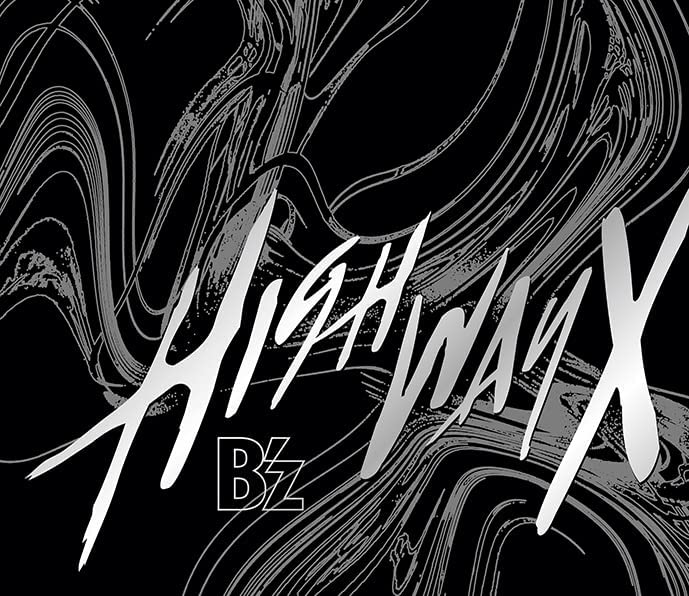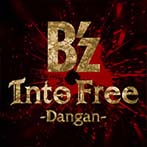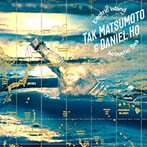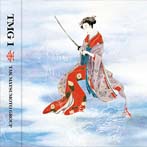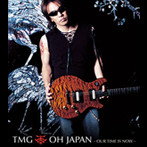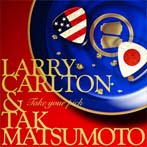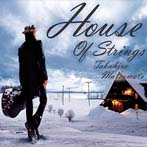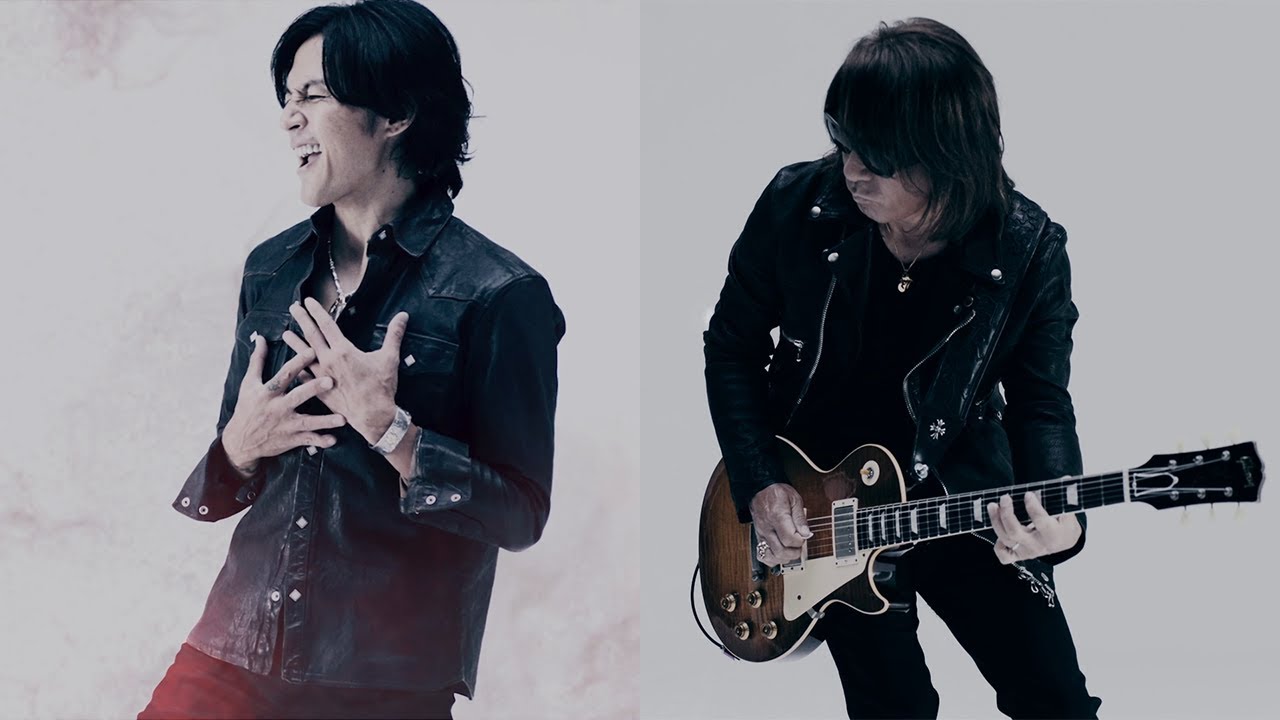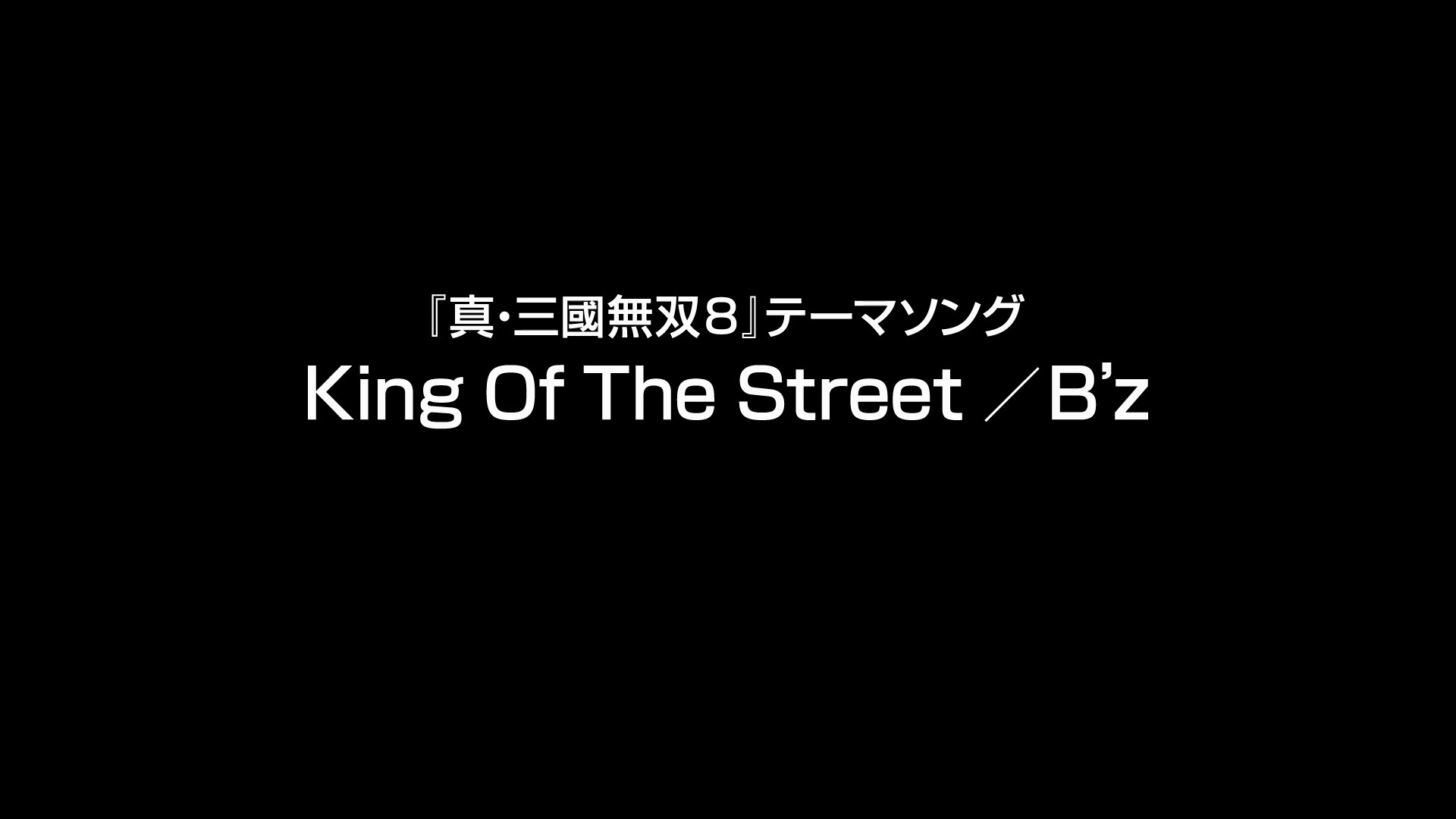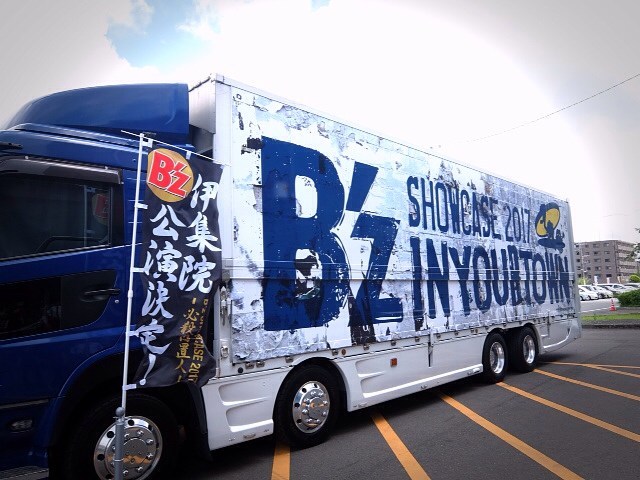The B’z Songs Written for Other Artists

With a career spanning three decades as of next year and nearly 350 of their own songs released to date, B’z have had a long career in music by any measure. Their long-term success has led to its vocalist Koshi Inaba and guitarist Tak Matsumoto to occasionally be propositioned to create songs for other artists—many of whom were beginning their careers.
Kodoku no Runaway
The first of these collaborations was “Kodoku no RUNAWAY” (Lonely Runaway, 孤独のRUNAWAY). The artist in question was female guitarist Ataka Miharu who would soon be best known as the guitarist of girl rock duo KIX-S. Although not explicitly advertised as much, this version of the song actually features B’z outright. For the sessions, Tak wrote all-new music and Koshi provides chorus vocals that are now familiar to any long-time B’z fan.
One year later, B’z would do a self-cover of the song and develop it into the one that would become an early live staple for the band: “Kodoku no Runaway” from their third mini album MARS. Many of the same guitar licks and vocal hooks are present, but it is expanded into a vocal showcase for Koshi. The most prominent showing for the song was in a featured slot for B’z LIVE-GYM Pleasure 2008 -GLORY DAYS-, when it was played more in its revised, hard rock “Mixture style” reversion from B’z The “Mixture”.
(more…)
B’z SHOWCASE 2017 -Hissatsu Hiokinin- in Hioki (07.11.2017)
 News
News Two years following the close of their last outing for B’z LIVE-GYM 2015 -EPIC NIGHT-, B’z have finally returned to the live stage! While B’z SHOWCASE 2017 -B’z In Your Town- kicks off properly tomorrow, the opening SHOWCASE in Hioki has just wrapped up and it’s shaping up to be a memorable outing already!
The full setlist is posted below to avoid spoilers for those attending the shows.
B’z SHOWCASE 2017 Next Week: Tour Goods Revealed & Added Show
 News
News 
B’z rehearsing for SHOWCASE 2017 (Source: B’z Official Instagram)
The first B’z tour since 2015’s EPIC NIGHT will kick off in Japan next week under the banner B’z SHOWCASE 2017 -B’z In Your Town- and today, the band have announced the tour goods that will be available. As is usually the case, the items will be made available on B’z The Store at a later date.
Most interestingly, a “SHOWCASE of the SHOWCASE” showing has been added prior to the tour start proper. This added show will take place two days early as B’z SHOWCASE 2017 -Hissatsu Hiokinin-, which combines “person of Hioki” with “knockout blow”.
 |
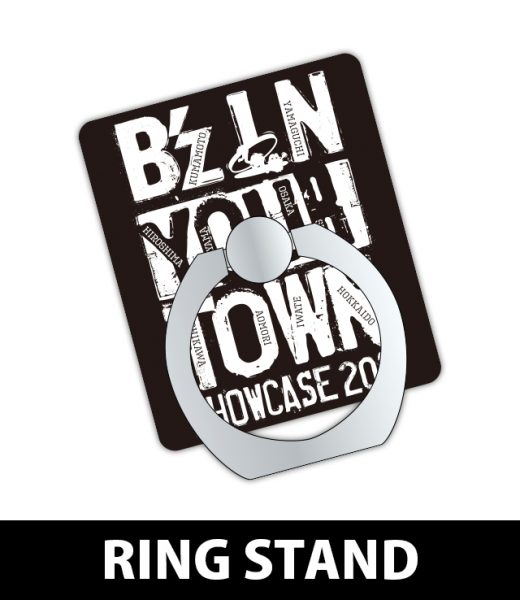 |
 |
 |
 |
 |
 |
 |
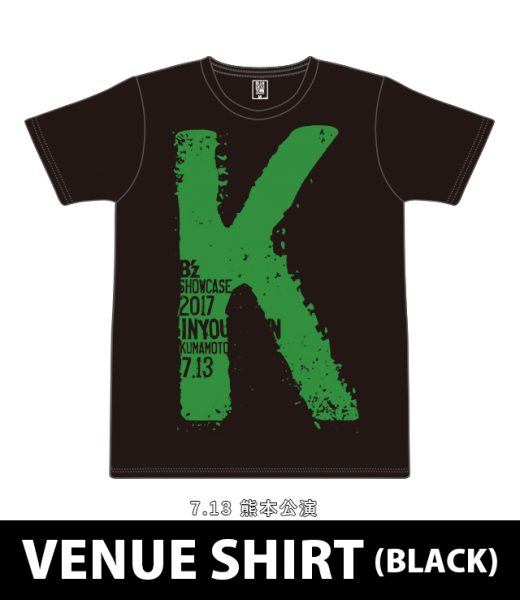 |
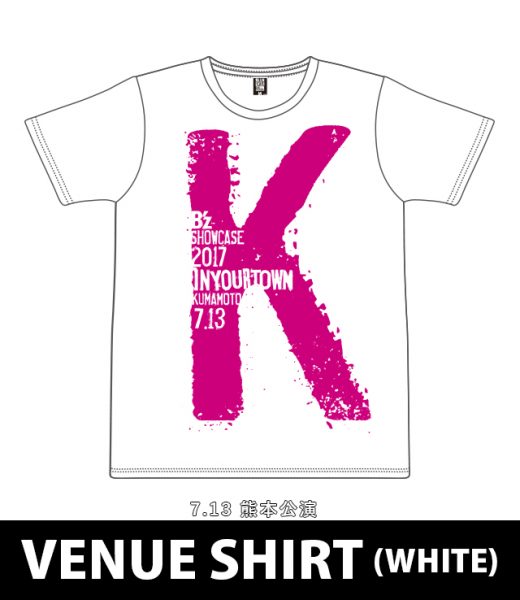 |
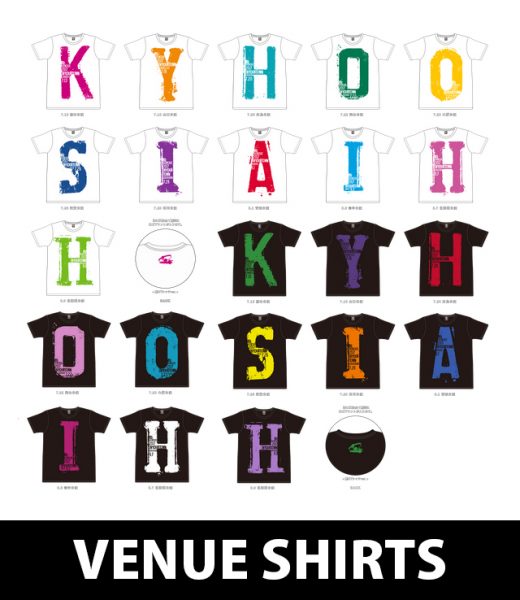
|
A venue-specific shirt is also being prepared for the B’z SHOWCASE 2017 -Hissatsu Hioki-nin- showing, which will be available on the official web store at a later date:
Those that purchase over 3,000 yen worth will receive a service bag, and those that spend 5,000 yen will receive both the service bag and a sticker decal:
 |
 |
At each venue, fans that purchase “Seimei/Still Alive” will receive a B2-sized poster, Sticker Sheet, or Black Memo Pad. Those that decide to reserve B’z COMPLETE SINGLE BOX‘s “Black Edition” will receive a breakout mobile phone battery:
The tour itself will run from July 13 to August 9. We will post the first, and hopefully not only, setlist next week. Be sure to check back for the latest news!
B’z New Song “CHAMP” Commercial Preview
 News
News As announced yesterday with news of the B’z COMPLETE SINGLE BOX, an all-new B’z song entitled “CHAMP” is now serving as the theme to a 7-Eleven Fair commercial. The commercial has been embedded below and gives our first taste of the upcoming 2017 album:
The song should take a similar path as did “Exit To The Sun” from EPIC DAY when it was used as a drama theme in November 2014 and was included on the eventual album in March 2015.
B’z COMPLETE SINGLE BOX Announced, with Two Editions!
New Song “CHAMP” as 7-Eleven Commercial Theme
 News
News 

The biggest B’z release in their history has just been announced: the mammoth B’z COMPLETE SINGLE BOX! The release is their most expensive to date with two differing editions priced at 50,000 yen ($445 USD) and 70,000 yen ($623 USD). The latter edition offers access to two special live shows set to take place in December that are detailed below.
Both releases collect all fifty-three singles—from 1988’s “Dakara Sono Te wo Hanashite” to “Seimei/Still Alive“—and all of their corresponding B-sides for a total of 117 songs with unique packages throughout for both editions. Additionally, both also come with a set of two DVDs that contain live footage of every single from previous LIVE-GYM concerts—with some never before released prior.
It has also been announced that an all-new song entitled “CHAMP” will be used as the theme to a 7-Eleven Fair commercial beginning July 1. It is expected the song will be tied to the as-yet-untitled 2017 studio album though inclusion on another single is not out of the question.
Black EditionPrice: 50,000 yen / Release Date: August 30, 2017

B’z COMPLETE SINGLE BOX — Black Edition
The “Black Edition” features all fifty-three singles released to date in a vinyl-sized luxurious box and will be available at retail on August 30. The book-style folders contain a set of re-designed golden discs for each individual single and the two bonus DVDs detailed below. A large 100-page lyric book of similar dimensions will be included as well with a litany of high quality photos from the band’s history.
Additionally, most major Japanese retailers are offering specific bonuses on a first-come, first-served basis:
Musing: Tapestry (B2 Size)
Tower Records: Bandana
Yamano Music: Card Holder
HMV: Makeup Mirror
Tsutaya Records: Folding Umbrella
Shinseido: LP-size Tote Bag
Amazon: W-Pocket Clear File (A4 Size)
Rakuten: Clear File (A4 Size)
Other Stores: Post Card Set
Trailer Edition [7-Eleven Exclusive]
Price: 70,000 yen / Made-to-Order, Delivers December 20, 2017

B’z COMPLETE SINGLE BOX — Trailer Edition (7-Eleven Exclusive)
Pre-orders for the 7-Eleven exclusive “Trailer Edition” will be available from July 1 through August 7 with delivery expected to begin as of December 20. The massive package weighs in at 8kg (17 lbs) and must be pre-ordered as each will be made-to-order. The titular trailer contains fifty-three individual premium-packaged hardcase sleeves for each single that has been specially designed for each and is unique from the aforementioned “Black Edition”. Those that reserve will be sent special B’z-branded gifts in October, November, and December as well.
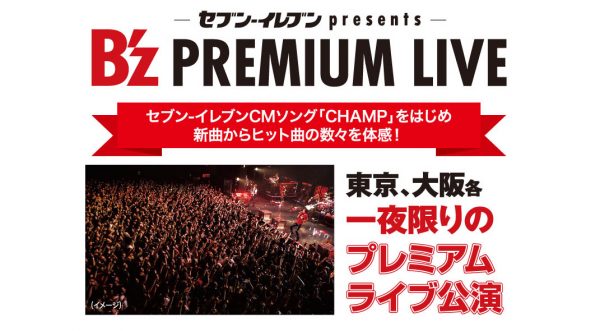
7-Eleven Presents B’z PREMIUM LIVE Banner:
Two shows at Zepp Tokyo and Zepp Osaka Bayside with 2,500 capacity each
Lastly, a pair of special shows will take place prior to B’z LIVE-GYM 2017-2018 in December: one at Zepp Tokyo on December 5 and another at Zepp Osaka Bayside on December 7. Entrance to the shows will be determined by lottery following reservations of the “Trailer Edition” above at 7-Eleven locations beginning in September. Each show is limited to 2,500 people with each winner receiving a pair of tickets.
B’z LIVE-GYM COLLECTION DVD SetIncluded in Both Editions
In addition to all fifty-three singles on individual CDs, both editions will include a pair of DVDs featuring dedicated live footage of each and every single from past LIVE-GYMs—with some utilizing previously unreleased footage. This includes the proper home video debuts of “May“, “Kimi no Naka de Odoritai“, and “LADY-GO-ROUND“.
![]()
| No. | Title | Performance |
|---|---|---|
| 01. | Dakara Sono Te wo Hanashite | B’z LIVE-GYM Pleasure ’91 |
| 02. | Kimi no Naka de Odoritai — ★ DEBUT ★ | B’z LIVE-GYM Pleasure ’91 ★ UNRELEASED ★ |
| 03. | LADY-GO-ROUND — ★ DEBUT ★ | B’z LIVE-GYM -BREAK THROUGH- ★ UNRELEASED ★ |
| 04. | BE THERE | B’z LIVE-GYM Pleasure ’97 -FIREBALL- |
| 05. | Taiyou no Komachi Angel | B’z LIVE-GYM Pleasure ’91 |
| 06. | Easy Come, Easy Go! | B’z LIVE-GYM 2012 -Into Free- EXTRA |
| 07. | Itoshii Hito yo Good Night… | B’z LIVE-GYM Pleasure ’92 -TIME- |
| 08. | LADY NAVIGATION | B’z LIVE-GYM Pleasure 2013 -ENDLESS SUMMER- (Aizu Fugado) |
| 09. | ALONE | B’z LIVE-GYM ’91~’92 -IN THE LIFE- |
| 10. | BLOWIN’ | B’z LIVE-GYM Pleasure ’92 -TIME- |
| 11. | ZERO | B’z LIVE-GYM Pleasure ’93 -JAP THE RIPPER- |
| 12. | Ai no Mama ni Wagamama ni… | B’z LIVE-GYM ’93 -RUN- |
| 13. | Hadashi no Megami | B’z LIVE-GYM ’93 -RUN- |
| 14. | Don’t Leave Me | B’z LIVE-GYM ’94 “THE 9TH BLUES |
| 15. | MOTEL | B’z LIVE-GYM ’94 “THE 9TH BLUES |
| 16. | Negai | B’z LIVE-GYM Pleasure ’95 -BUZZ!!- |
| 17. | love me, I love you | B’z LIVE-GYM Pleasure ’95 -BUZZ!!- |
| 18. | LOVE PHANTOM | B’z LIVE-GYM Pleasure ’95 -BUZZ!!- |
| 19. | Mienai Chikara ~INVISIBLE ONE~ | B’z LIVE-GYM ’96 -Spirit LOOSE- |
| 20. | MOVE | B’z LIVE-GYM ’96 -Spirit LOOSE- |
| 21. | Real Thing Shakes | B’z LIVE-GYM ’96 -Spirit LOOSE- |
| 22. | FIREBALL | B’z LIVE-GYM Pleasure ’97 -FIREBALL- |
| 23. | Calling | B’z LIVE-GYM Pleasure ’97 -FIREBALL- |
| 24. | Liar! Liar! | B’z LIVE-GYM ’99 -Brotherhood- |
| 25. | Samayoeru Aoi Dangan | B’z LIVE-GYM ’99 -Brotherhood- |
| 26. | HOME | B’z LIVE-GYM ’99 -Brotherhood- |
| 27. | girigiri chop | B’z LIVE-GYM ’99 -Brotherhood- |
![]()
| No. | Title | Performance |
|---|---|---|
| 01. | Konya Tsuki no Mieru Oka ni | B’z LIVE-GYM 2001 -ELEVEN- |
| 02. | May — ★ DEBUT ★ | B’z LIVE-GYM Pleasure 2000 -juice- ★ UNRELEASED ★ |
| 03. | juice | B’z LIVE-GYM 2001 -ELEVEN- |
| 04. | RING | B’z LIVE-GYM Pleasure 2000 -juice- |
| 05. | ultra soul | B’z LIVE-GYM 2001 -ELEVEN- |
| 06. | GOLD | B’z LIVE-GYM 2001 -ELEVEN- |
| 07. | Atsuki Kodou no Hate | B’z LIVE-GYM 2002 -GREEN ~GO★FIGHT★WIN~- |
| 08. | IT’S SHOWTIME!! | B’z LIVE-GYM The Final Pleasure -IT’S SHOWTIME!!- |
| 09. | Yasei no ENERGY | B’z LIVE-GYM The Final Pleasure -IT’S SHOWTIME!!- |
| 10. | BANZAI | B’z LIVE-GYM 2005 -CIRCLE OF ROCK- |
| 11. | ARIGATO | B’z SHOWCASE 2007 -19- |
| 12. | Ai no Bakudan | B’z LIVE-GYM 2005 -CIRCLE OF ROCK- |
| 13. | OCEAN | B’z LIVE-GYM 2005 -CIRCLE OF ROCK- |
| 14. | Shoudou | B’z LIVE-GYM 2006 -MONSTER’S GARAGE- |
| 15. | Yuruginai Mono Hitotsu | B’z LIVE-GYM 2006 -MONSTER’S GARAGE- |
| 16. | SPLASH! | B’z LIVE-GYM 2006 -MONSTER’S GARAGE- |
| 17. | Eien no Tsubasa | B’z LIVE-GYM 2008 -ACTION- |
| 18. | SUPER LOVE SONG | B’z LIVE-GYM 2008 -ACTION- |
| 19. | BURN -Fumetsu no Face- | B’z LIVE-GYM 2008 -ACTION- |
| 20. | Ichibu to Zenbu | B’z LIVE-GYM 2010 -Ain’t No Magic- |
| 21. | DIVE | B’z LIVE-GYM 2010 -Ain’t No Magic- |
| 22. | MY LONELY TOWN | B’z LIVE-GYM 2010 -Ain’t No Magic- |
| 23. | Sayonara Kizu Darake no Hibi yo | B’z LIVE-GYM 2011 -C’mon- |
| 24. | Don’t Wanna Lie | B’z LIVE-GYM 2011 -C’mon- |
| 25. | GO FOR IT, BABY -Kioku no Sanmyaku- | B’z LIVE-GYM 2012 -Into Free- EXTRA |
| 26. | Uchouten | B’z LIVE-GYM 2015 -EPIC NIGHT- |
| 27. | RED | B’z LIVE-GYM 2015 -EPIC NIGHT- |
B’z & 7-Eleven Promotion Confirmed, Begins July 1 [UPDATE]
 News
News 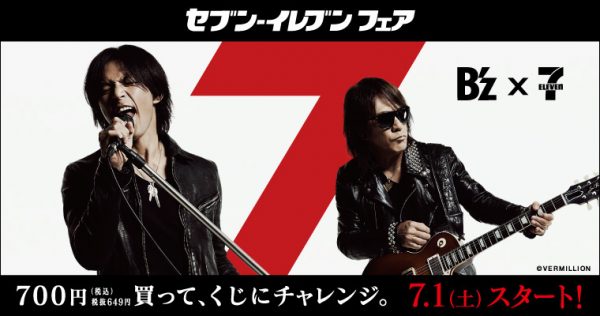
The B’z and 7-Eleven promotion reported previously will kick off on July 1 according to a new splash page on the 7-Eleven Japan website. Those interested may gain a chance to win a special B’z-branded towel for every 700 yen spent. The item will be limited to a sparse 2,000 units and will be created by upscale manufacturer Imabari Towels. Imabari have long been celebrated for their strict adherence to quality and their output is already pricey, ensuring the limited B’z-branded ones will be especially expensive on the secondary market.
UPDATE: The promotion extends further, with 7-Eleven being the exclusive retailer of the “Trailer Edition” of B’z COMPLETE SINGLE BOX which was announced later the same day.


